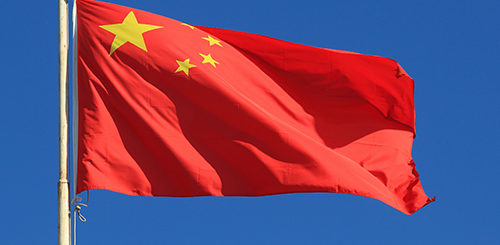China Forex Liberalization Unlocks Massive M&A Opportunities for Foreign Invested Enterprises
On October 23rd, 2019, the China State Administration of Foreign Exchange (“SAFE”) issued a Circular on Further Promoting the Facilitation of Cross-border Trade and Investment (Hui Fa [2019] No.28) (《关于进一步促进跨境贸易投资便利化的通知(汇发[2019]28 号)》, “Circular 28“). The Circular 28 sets out 12 reform measures aiming to streamline the foreign exchange process in cross-border trade and ease controls over cross-border investments. But the highlight of the Circular clearly is the relaxation of foreign exchange controls over foreign-invested enterprises (“FIE”) utilizing funds converted from foreign exchange in their capital account (“Converted Capital”) to make investments locally in China. This means that FIEs can invest in and acquire other companies in China by drawing upon their foreign exchange denominated registered capital. Previously they were limited to only using the RMB funds that they generated from their own business activities to make such investments. Up until the release of Circular 28, only foreign-invested investment companies or private equity and equity investment enterprises, whose establishment is subject to a host of conditions that are challenging to satisfy, could use their own registered capital to make local investments. Now any FIE irrespective of its business scope can draw on their own registered capital to make investments.
With the new Circular 28, foreign investors may make domestic equity investments in China through any of their manufacturing or service FIEs. According to Circular 28, as long as the proposed domestic equity investment (i) does not violate the negative list of foreign investment; and (ii) is genuine and compliant, any FIE can use its converted capital for such investment.
Where an FIE is investing in a target, the target should first complete a ‘filing of re-investment’ process and open a special account of “capital item – settled to be paid (资本项目-结汇待支付账户)” in order to receive the converted capital.
Moving forward, we expect to see considerable capital that until now was locked up in FIE capital accounts deployed to take advantage of the acquisition opportunities emerging in the local PRC market as first generation founders of private companies enter their twilight years, and in the absence of a family successor, decide to sell off their businesses.



